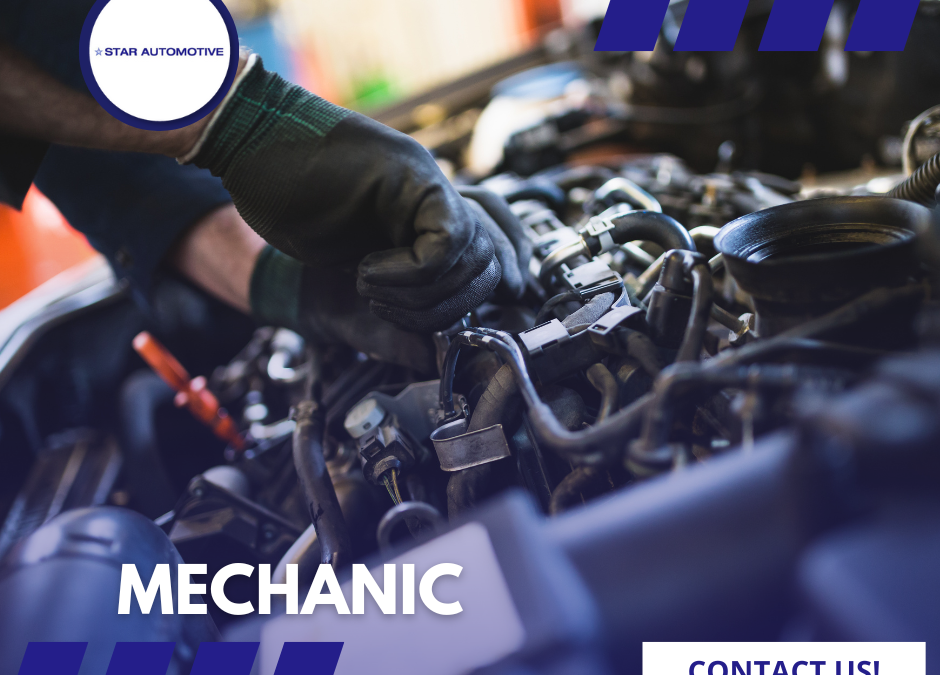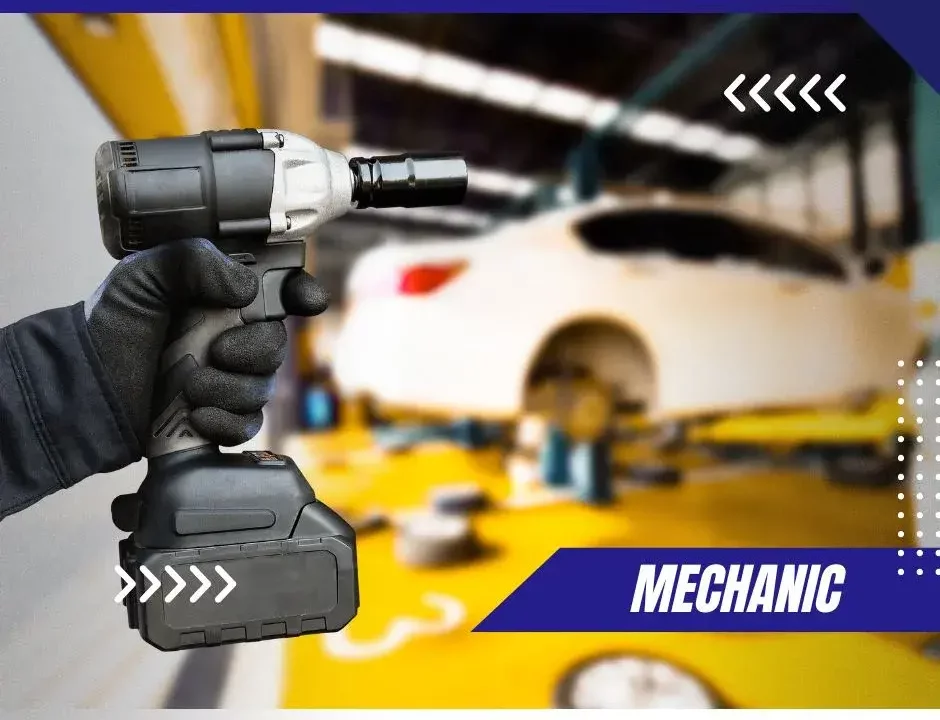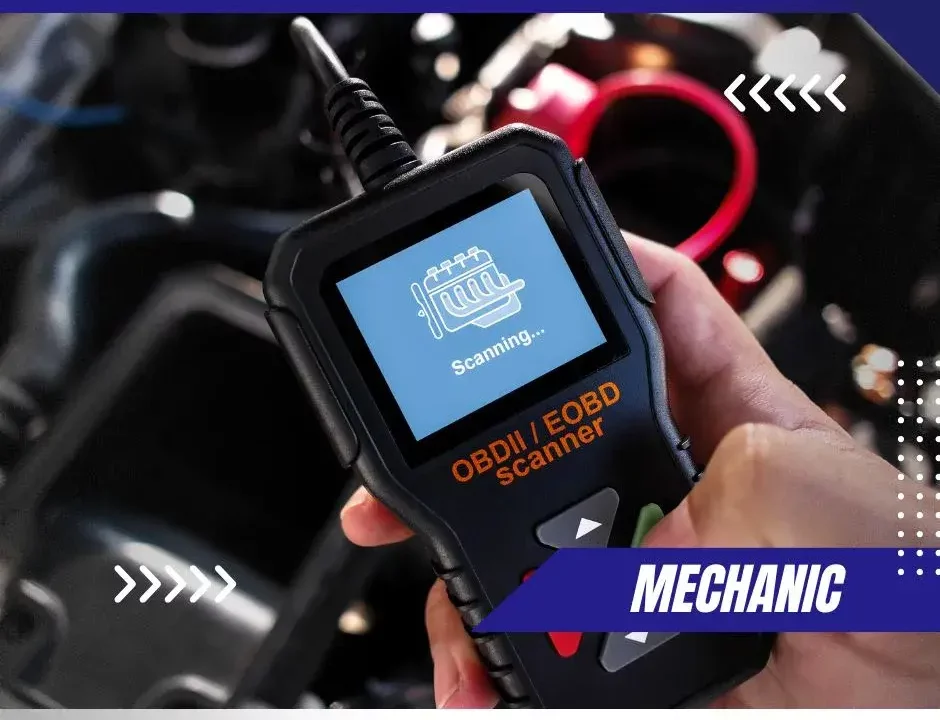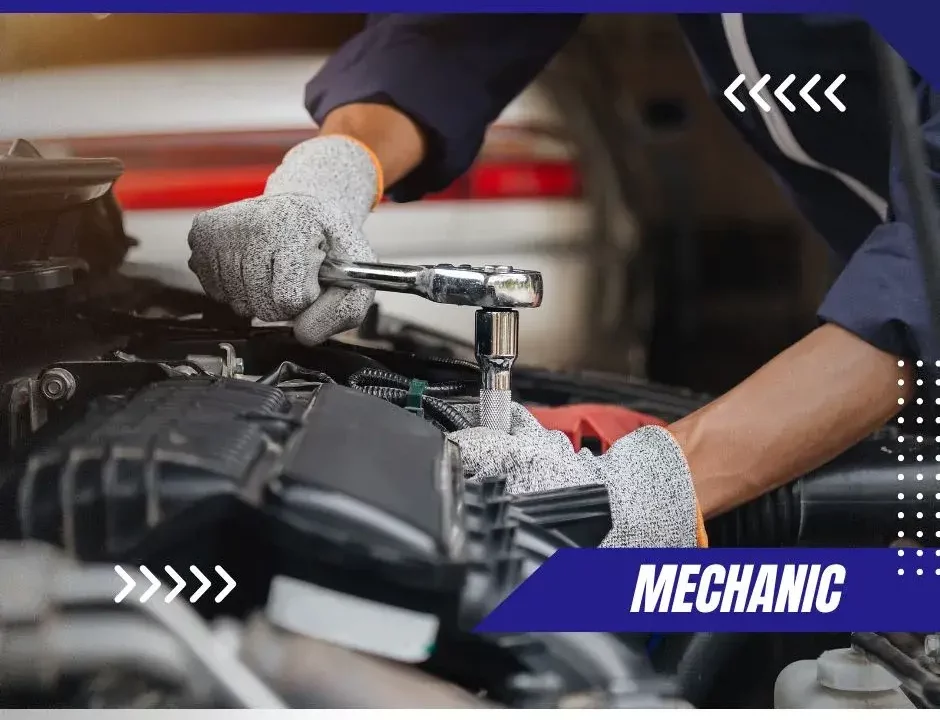
Why Regular Mechanic Services Are Essential for Car Maintenance
October 10, 2024
The Complete Oil Change Process: What Every Car Owner Should Know
October 18, 2024A full vehicle inspection, a cornerstone of professional mechanic services, entails an exhaustive review of crucial systems and components, ensuring optimal performance and safety. This meticulous process encompasses the engine compartment, braking system, suspension, steering mechanics, tires, wheels, and electrical circuits. Technicians examine the battery, belts, hoses, fluid levels, brake pads, rotors, hydraulic lines, tire tread depth, and inflation levels, as well as lights, signals, and onboard computers. Understanding the significance of such inspections can reveal why they are indispensable for vehicle longevity and reliability, but what specific benefits can you expect from this thorough examination?
Key Inspection Areas
A comprehensive vehicle inspection encompasses several key areas that are critical to the safety, performance, and longevity of your vehicle.
The first area of focus is the engine compartment, where mechanics meticulously examine components such as the battery, belts, hoses, and fluid levels. Ensuring that the engine operates efficiently and reliably requires attention to these elements, which are prone to wear and tear.
Another essential area is the braking system, which includes the inspection of brake pads, rotors, and hydraulic lines. The functionality of this system is paramount for safety, making it a crucial part of any thorough inspection.
Additionally, the suspension and steering systems are scrutinized for any signs of damage or excessive wear. This step ensures that the vehicle maintains proper handling and ride comfort.
The inspection also extends to the vehicle’s tires and wheels. Mechanics check for adequate tread depth, even wear, and proper inflation levels to guarantee optimal traction and fuel efficiency.
Lastly, the electrical system, including lights, signals, and onboard computers, is assessed to ensure all components are in working order, thereby preventing unexpected malfunctions.
Importance of Regular Inspections
Regular vehicle inspections are vital for maintaining the safety, performance, and longevity of your automobile. These routine checks ensure that potential issues are identified and addressed before they become significant problems, reducing the risk of unexpected breakdowns and costly repairs. By adhering to a regular inspection schedule, you can rest assured that your vehicle remains in optimal condition, providing you and your loved ones with a reliable mode of transportation.
Technically proficient inspections involve a thorough examination of critical components such as the engine, brakes, suspension, and electrical systems. This comprehensive approach not only enhances vehicle performance but also contributes to environmental sustainability by ensuring that your car operates efficiently and meets emission standards. Regular inspections also play a crucial role in retaining your vehicle’s resale value, as a well-maintained car is more attractive to potential buyers.
In culturally diverse communities, the significance of vehicle safety transcends individual concerns, fostering a collective sense of security and responsibility. By prioritizing regular inspections, you become part of a conscientious community that values safety, reliability, and environmental stewardship.
In this way, regular vehicle inspections are more than just a maintenance routine—they are a commitment to the well-being of both your vehicle and your community.
In sum, regular vehicle inspections, akin to the meticulous care bestowed upon a Stradivarius violin, ensure the harmonious operation of all automotive mechanic. By addressing the intricacies of the engine, braking, suspension, steering, tires, wheels, and electrical systems, potential issues are mitigated before they crescendo into significant concerns. This proactive approach not only safeguards vehicular performance and safety but also contributes to environmental sustainability, echoing a commitment to responsible stewardship.
Prev article



